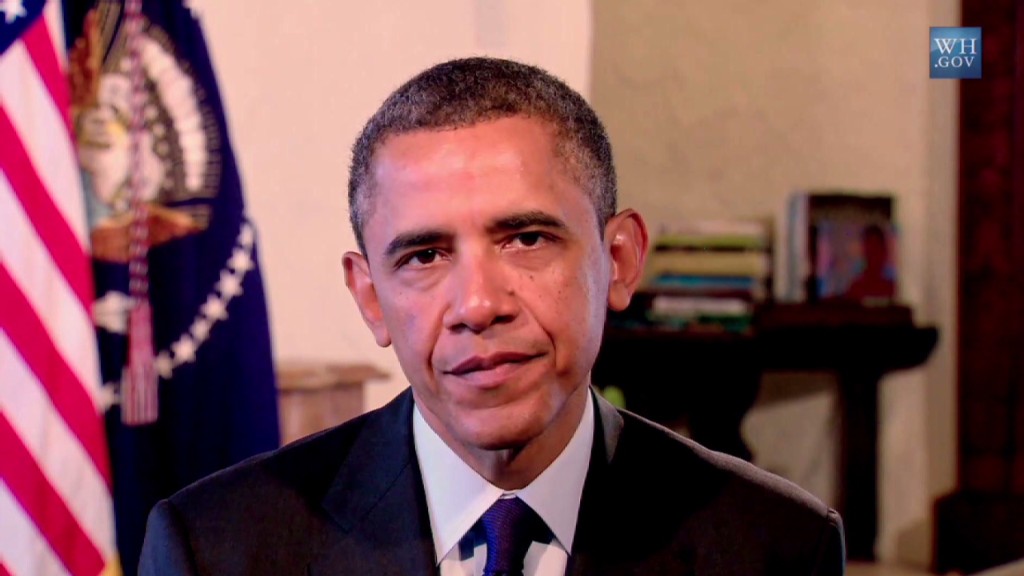
There's no doubt that Phil Mickelson pays a lot in income taxes as a California resident, but it's not as much as he thinks.
The champion golfer said this week he might have to move out of the Golden State because of recent hikes in federal and state taxes on the wealthy.
"If you add up all the federal and you look at the disability and the unemployment and the Social Security and the state, my tax rate's 62, 63 percent," he was quoted as saying in Yahoo Sports. "So I've got to make some decisions on what I'm going to do."
California recently became the state with the highest top marginal tax rate thanks to voters passing in November a temporary tax hike on wealthy residents.
"California is beautiful, but we do have high taxes," said Gregg Wind, a partner at Wind & Stern, an accounting firm in Los Angeles. "That is a consideration for some folks."
Mickelson's tax rate, however, is lower, according to the Tax Foundation and California tax experts. His winnings and endorsements, which Sports Illustrated pegged at nearly $61 million in its most recent annual estimate, subject him to the highest marginal rates for married couples. Here's what they consist of:
-- A 39.6% top federal tax rate, up from 35%, on income above $450,000, thanks to the fiscal cliff deal passed by Congress on New Year's Day.
-- A 12.3% top state tax rate, up from 9.3%, on income above $1 million.
-- A 1% state mental health surcharge levied on incomes above $1 million.
-- A 3.8% Medicare tax rate, which includes a new 0.9% Medicare surcharge on earnings above $250,000.
But you have to consider that his state taxes are partially deductible from his federal taxes.
Until recently, state and local taxes were fully deductible, but the fiscal cliff deal limited the amount the wealthy can deduct by as much as 80%. The Tax Foundation's calculation, however, is based on a typical millionaire's tax return, of which state and local taxes are a relatively small portion of the itemized deductions. Therefore, the foundation limits only a small portion of the deductibility of his state and local taxes.
Overall, it leaves Mickelson with a top rate of less than 53%.

So where did he get the higher figure? It may be that he's adding in Social Security, disability and unemployment taxes. But those are levied only on a relatively tiny portion of his income and don't factor into his marginal tax rate.
Mickelson would have to fork over 15.3% in payroll taxes on the first $113,700.
And if he's self-incorporated, he may pay an additional:
--1% of the first $100,800 in state disability insurance taxes.
-- Up to 6.2% of the first $7,000 for state unemployment taxes.
-- 1.2% in federal unemployment taxes.
-- 0.1% in state employment training taxes.
Regardless of Mickelson's top rates, his actual income tax bill isn't anywhere near one-half of his income. While it's hard to tell what the golfer really pays without seeing his tax returns, millionaires pay roughly 26% of their income in federal taxes, on average, according to William McBride, chief economist at the Tax Foundation. This doesn't take into account other taxes, such as property levies.
Correction: An earlier version of this article did not take into account the new limitations on deductibility of state and local taxes -- which by the Tax Foundation's estimate would add 1.2 percentage points.


